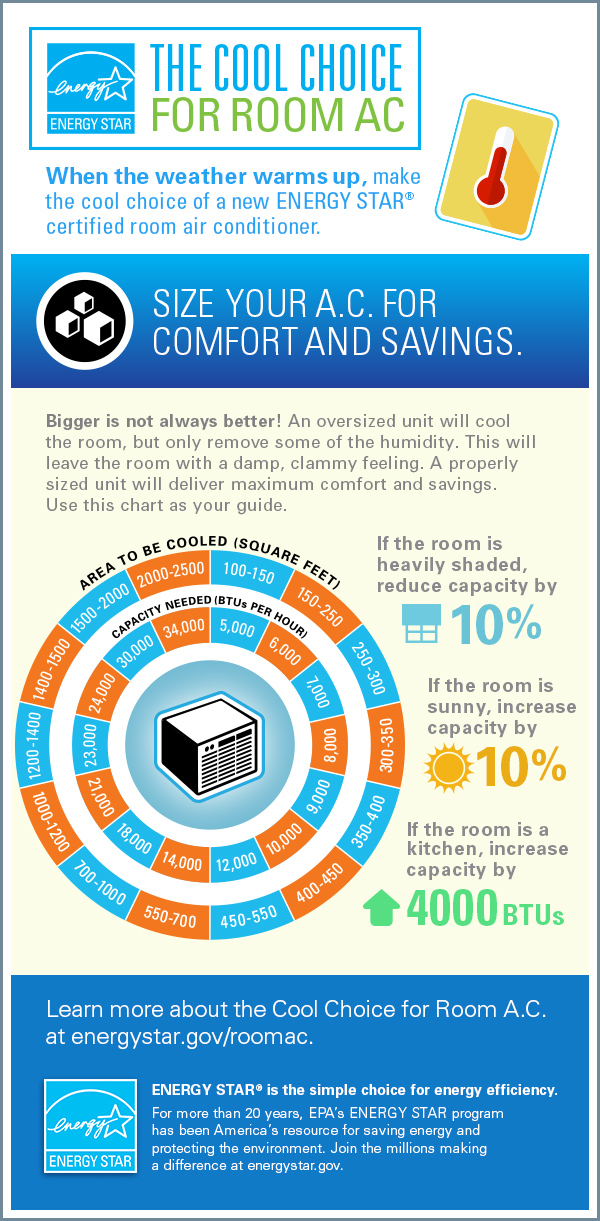Discover The Essential Methods To Enhance The Efficiency And Life-Span Of Your Heat Pump System By Avoiding Regular Installation Mistakes
Discover The Essential Methods To Enhance The Efficiency And Life-Span Of Your Heat Pump System By Avoiding Regular Installation Mistakes
Blog Article
Content Created By-Ware Rankin
When installing a heatpump, you need to steer clear of common blunders that can threaten its efficiency. Overlooking proper sizing might cause ineffectiveness and greater utility costs. Disregarding insulation and sealing can result in power wastage and pressure on the system. Additionally, positioning the outside device improperly might influence its performance. By avoiding https://www.travelandleisure.com/travel-tips/air-recirculation-button-in-car , you can make sure optimal working and sturdiness of your heat pump system.
Improper Sizing of Heat Pump
When it involves the installment of heat pumps, one of one of the most typical errors is incorrectly sizing the device for your space. Ensuring the best dimension is critical for ideal performance. If cost to install air conditioning in nz is also small, it will have a hard time to warmth or cool your space efficiently, leading to enhanced power costs and potential damage on the device.
On the other hand, if the heat pump is as well large, it will cycle on and off regularly, creating temperature level variations and decreasing its lifespan.
To prevent this blunder, it's essential to have a specialist evaluate your room and suggest the suitable dimension of the heatpump based on variables like square footage, insulation, ceiling height, and local climate. By investing the moment and initiative to ensure the correct sizing, you can take pleasure in a comfortable atmosphere while maximizing power effectiveness and extending the life-span of your heat pump.
Inadequate Insulation and Sealing
To guarantee the efficient procedure of your heatpump, it's critical to resolve insufficient insulation and securing in your area. Correct insulation helps keep a constant temperature level inside your home, minimizing the work on your heat pump. Poor insulation can lead to power loss, making your heat pump job harder and much less successfully.
Securing any kind of voids or leaks in your room is similarly essential. These voids enable conditioned air to get away and outside air to seep in, requiring your heatpump to make up for the temperature level changes.
Inaccurate Positioning of Outdoor System
Dealing with the positioning of your heatpump's outdoor device is vital to optimizing its efficiency. Installing the outside system in a wrong location can cause effectiveness issues and possible damage to the system.
One usual mistake to avoid is placing the outside system too near a wall or other structures. This can restrict airflow, creating the unit to work harder to heat or cool your space, inevitably decreasing its efficiency and life-span.
One more mistake to steer clear of is positioning the outdoor unit in direct sunshine. While some sunlight is inevitable, extreme direct exposure can result in getting too hot, especially during warm summer season days. It's finest to position the exterior device in a shaded area to help preserve its ideal operating temperature.
In addition, see to it that the outside system is put on a stable and degree surface area. Irregular ground can trigger vibrations and unneeded strain on the unit, impacting its efficiency in time.
Final thought
In conclusion, staying clear of usual mistakes throughout heatpump setup is vital for maximizing efficiency and durability of your system. By guaranteeing correct sizing, appropriate insulation, sealing, and right placement of the outdoor device, you can prevent problems such as inadequacies, boosted energy costs, and pressure on the system. Putting in the time to resolve these key factors will ultimately save you time and money in the future.
